The Theban Plays of Sophocles: A Depth Psychological Perspective
The Theban plays of Sophocles – Oedipus Rex, Oedipus at Colonus, and Antigone – are timeless tragedies that explore the depths of the human psyche. By viewing these ancient works through the lens of Jungian archetypes and depth psychology, we can uncover profound insights into the nature of the self, family, and society that remain deeply relevant in today’s world.
I. Oedipus Rex
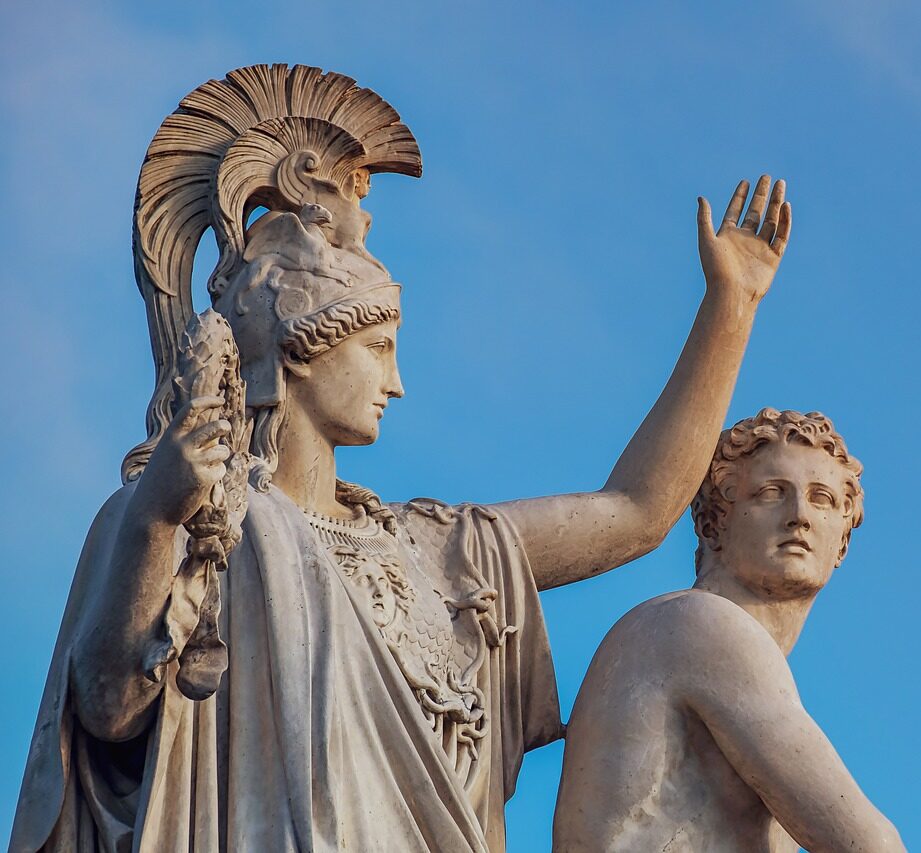
Summary of Oedipus Rex
Oedipus Rex, also known as Oedipus the King, is the story of Oedipus, the king of Thebes, who unwittingly kills his father and marries his mother, thus fulfilling a prophecy that he would do so. The play opens with a plague ravaging Thebes. Oedipus sends his brother-in-law Creon to consult the oracle, who declares that the plague will end when the murderer of the previous king, Laius, is caught and expelled. Oedipus vows to find the murderer.
Through a series of revelations and testimonies, including from the blind prophet Tiresias, it gradually emerges that Oedipus himself is the murderer. Furthermore, it’s revealed that Laius was Oedipus’s father, and that Oedipus’s wife Jocasta is actually his mother. Upon realizing the truth, Jocasta hangs herself, and Oedipus gouges out his own eyes in despair. The play ends with Oedipus’s exile from Thebes.
Archetypal Figures in Oedipus Rex
Oedipus: The Hero’s Shadow
Oedipus represents the archetypal Hero, a great man of action who takes on the task of finding the truth and saving his city. However, Oedipus is a Hero with a shadow. His defining qualities – his pride, his quick temper, his dogged pursuit of the truth – are also his downfall. His insistence on unraveling the mystery, despite warnings, leads him to confront the terrible truth about himself. Oedipus’s journey is one of self-discovery, but the self he discovers is his own Shadow.
Jocasta: The Terrible Mother
Jocasta, Oedipus’s wife and mother, embodies the archetype of the Terrible Mother. While she is a loving wife to Oedipus, she also represents the dark side of the maternal – the incestuous bond that Oedipus cannot escape. Her suicide upon learning the truth represents the devastating consequences of this shadow bond.
Tiresias: The Wise Old Man
Tiresias, the blind prophet, represents the archetype of the Wise Old Man. Despite his physical blindness, he sees the truth that Oedipus is blind to. He serves as a guide, urging Oedipus to stop his search for the truth. Tiresias represents the voice of wisdom and insight that the Hero often ignores to his peril.
The Tragedy of Self-Discovery
At its heart, Oedipus Rex is a tragedy of self-discovery. Oedipus’s relentless search for truth leads him to confront the terrible reality of his own identity. This confrontation with the Shadow – the dark, unknown parts of the self – is a central theme in depth psychology. Oedipus’s self-blinding is a powerful symbol of the psychic pain and disorientation that can come with such a confrontation.
II. Oedipus at Colonus

Summary of Oedipus at Colonus
Oedipus at Colonus picks up years after the events of Oedipus Rex. Oedipus, now a blind old man, arrives in Colonus, a village near Athens, accompanied by his daughters Antigone and Ismene. It is here, according to prophecy, that Oedipus will find his final resting place.
Theseus, the king of Athens, grants Oedipus protection. Meanwhile, Oedipus’s sons Polyneices and Eteocles are battling for control of Thebes. Both try to earn Oedipus’s blessing, as it is believed his burial place will bring good fortune, but Oedipus refuses and curses them both.
At the end of the play, Oedipus walks into a secret grove and dies, his burial place known only to Theseus. The play ends with Antigone and Ismene returning to Thebes.
Archetypal Figures in Oedipus at Colonus
Oedipus: The Wise Old Man
In Oedipus at Colonus, Oedipus has transformed from the proud, hot-tempered king into a wiser, if bitter, old man. He embodies the archetype of the Wise Old Man, possessing a powerful, almost oracular presence. His suffering has brought him wisdom, even if it’s a harsh wisdom.
Antigone: The Devoted Daughter
Antigone, Oedipus’s daughter, represents the archetype of the Devoted Daughter. She has stuck by her father’s side through all his sufferings and exile. Her loyalty and love for her father are unwavering, even as her brothers battle for the throne.
Theseus: The Just King
Theseus, the king of Athens, embodies the archetype of the Just King. He grants Oedipus protection and respects his wishes regarding his burial. Theseus represents a fair and compassionate form of authority, in contrast to the power-hungry, warring brothers Polyneices and Eteocles.
Redemption and Reconciliation
Oedipus at Colonus is a story of redemption and reconciliation. Oedipus, who was once an exile, cursed by his deeds, finds a measure of peace and even a kind of power in his final days. His suffering has transformed him, and his burial place becomes a source of blessing for the land that takes him in. The play suggests that there can be redemption even after the most terrible of transgressions, and that wisdom can be born from suffering.
III. Antigone

Summary of Antigone
Antigone is chronologically the last of the three Theban plays, although it was the first to be written. The play opens in Thebes, after the war between Antigone’s brothers Polyneices and Eteocles, which has resulted in both their deaths. Creon, now king of Thebes, has declared that while Eteocles will be honored, Polyneices’s body shall remain unburied, a severe punishment in Greek culture.
Antigone, believing this edict to be unjust, defies Creon and buries her brother. She is caught and sentenced to death. Haemon, Creon’s son and Antigone’s fiancé, pleads with his father to spare her, but Creon refuses. The prophet Tiresias warns Creon that the gods do not approve of his actions.
Eventually, Creon relents, but it is too late. Antigone has hanged herself, Haemon kills himself out of grief, and Creon’s wife Eurydice also takes her own life. The play ends with Creon, broken and alone, recognizing his folly.
Archetypal Figures in Antigone
Antigone: The Heroic Maiden
Antigone embodies the archetype of the Heroic Maiden. She stands up for what she believes is right, even in the face of authority and death. Her unwavering commitment to her moral principles, rooted in divine law and familial duty, makes her a tragic heroine.
Creon: The Shadow King
Creon represents the archetype of the Shadow King. While he believes he is acting in the best interests of the state, his hubris and inflexibility lead him to defy the gods and cause great suffering. He embodies the shadow side of authority – the tyrannical, unyielding aspect of the ruler archetype.
Haemon: The Lover
Haemon, Antigone’s fiancé, embodies the archetype of the Lover. His commitment to Antigone and his attempt to reason with his father demonstrate the power of love and the desire for union. His tragic end underscores the destructive consequences when this impulse is thwarted.
The Conflict of Law and Morality
At its core, Antigone is a play about the conflict between human law and divine or moral law. Antigone represents the individual conscience, guided by a higher sense of right and wrong, while Creon represents the law of the state, which can be arbitrary and unjust. The play raises profound questions about the nature of justice, the role of the individual in society, and the consequences of unbending pride.
IV. Psychological and Societal Implications
Family and Fate
The Theban plays powerfully depict the web of family relations and how they shape an individual’s destiny. Oedipus’s fate is tied to his family history in the most intimate and disturbing way, while Antigone’s actions are driven by her familial duties. The plays suggest that we are profoundly shaped by our family contexts, often in ways we may not fully understand or control.
The Individual and Society
The plays also explore the tension between the individual and society. Oedipus, Antigone, and even Creon in his own way, are all individuals who come into conflict with the expectations and norms of their society. Their stories raise questions about the extent to which an individual should conform to societal rules, and what happens when personal conviction clashes with the law of the state.
Self-Knowledge and Transformation
A central theme across the plays is the importance and difficulty of self-knowledge. Oedipus’s journey is one of self-discovery, albeit a devastating one. His transformation into the wise old man in Oedipus at Colonus suggests that self-knowledge, even when painful, can lead to a kind of transformation and redemption.
The Shadow and the Self
The plays powerfully depict the Jungian concept of the Shadow – the dark, unacknowledged parts of the self. Oedipus must confront the terrible truth about himself, Creon must face the consequences of his own hubris and inflexibility. The plays suggest that the path to wholeness requires integrating these shadow aspects, rather than denying them.
Hubris and Humility
Finally, the plays serve as a warning against hubris, the excessive pride that leads characters like Oedipus and Creon to their downfall. They suggest that wisdom requires humility – a recognition of one’s own limitations and a respect for powers greater than oneself, whether they be the gods, fate, or the moral law.
Read About Other Classical Greek Plays and Their Influence on Depth Psychology
Classical Literature
Iphigenia in Aulis
Greek Tragedies Influence on Jung
The Psychology of the Peloponesian War
Bibliography
Sophocles. The Three Theban Plays: Antigone, Oedipus the King, Oedipus at Colonus. Translated by Robert Fagles, Penguin Classics, 1984.
Jung, C. G. The Archetypes and the Collective Unconscious. 2nd ed., Princeton University Press, 1980.
Aion: Researches into the Phenomenology of the Self. 2nd ed., Princeton University Press, 1979.
Two Essays on Analytical Psychology. 2nd ed., Princeton University Press, 1977.
Von Franz, Marie-Louise. The Interpretation of Fairy Tales. Shambhala, 1996.
Campbell, Joseph. The Hero with a Thousand Faces. New World Library, 2008.
Edinger, Edward F. The Eternal Drama: The Inner Meaning of Greek Mythology. Shambhala, 2001.
Jacobi, Jolande. Complex/Archetype/Symbol in the Psychology of C.G. Jung. Princeton University Press, 1959.
Neumann, Erich. The Origins and History of Consciousness. Princeton University Press, 1995.
The Great Mother: An Analysis of the Archetype. 2nd ed., Princeton University Press, 2015.
Segal, Robert A. Introduction. Jung on Mythology, edited by Robert A. Segal, Princeton University Press, 1998, pp. 3-48.
Stein, Murray. Jung’s Map of the Soul: An Introduction. Open Court, 1998.
Walker, Steven F. Jung and the Jungians on Myth. Routledge, 2002.




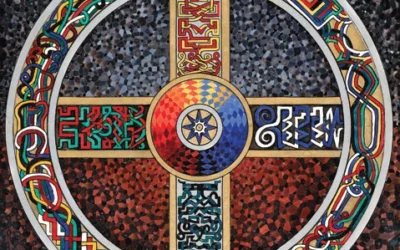
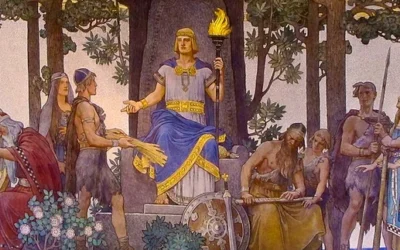


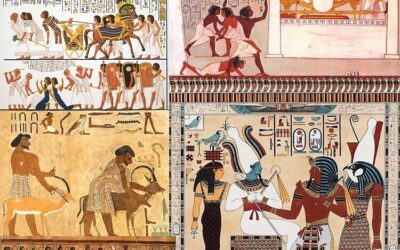
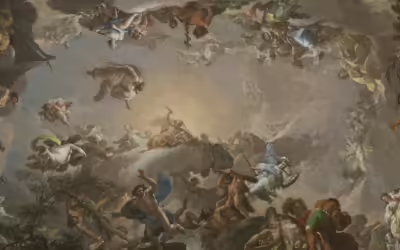

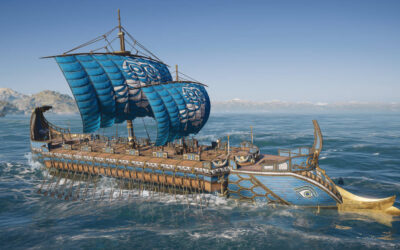

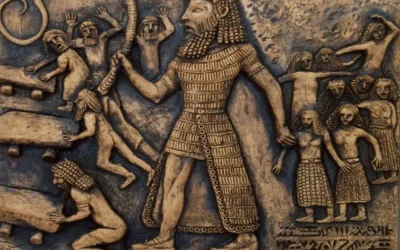
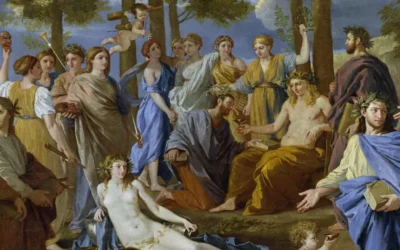
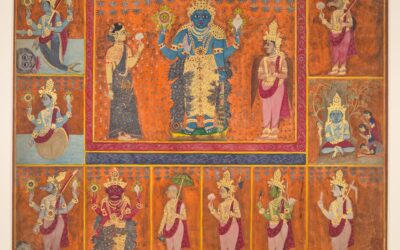
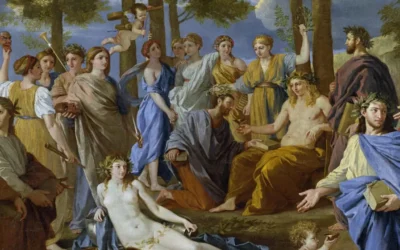
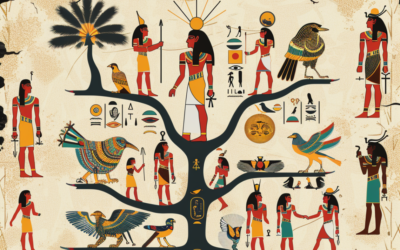
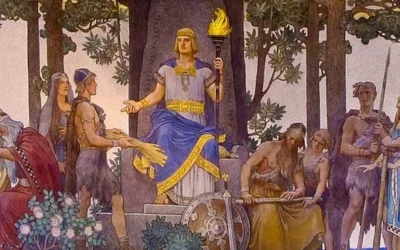

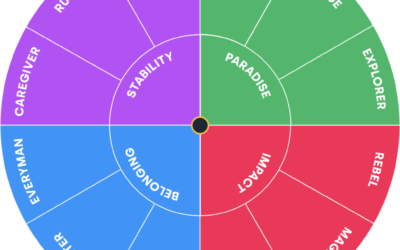
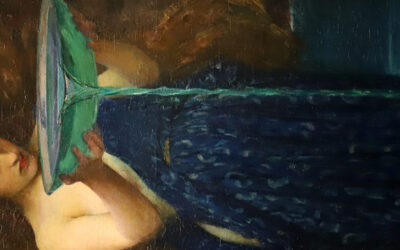
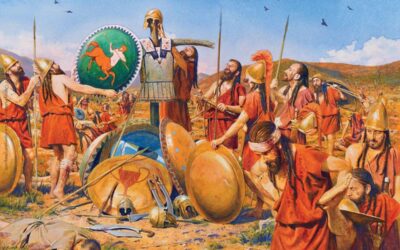
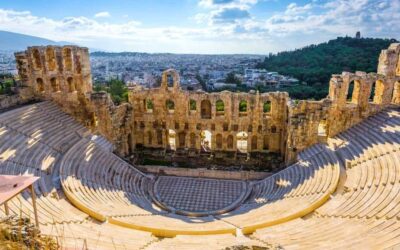
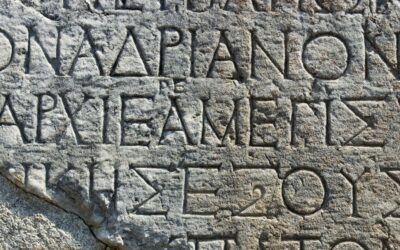

0 Comments